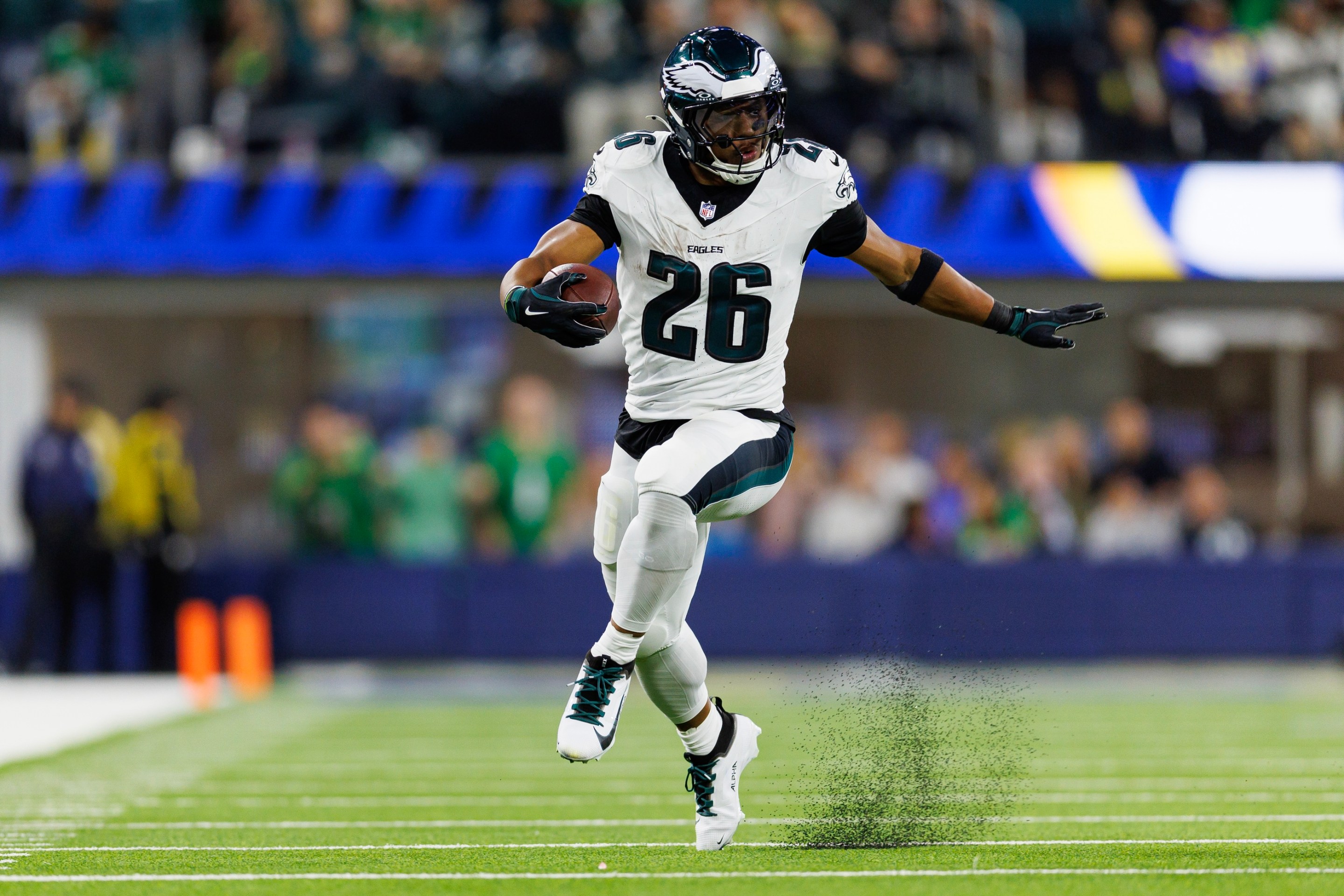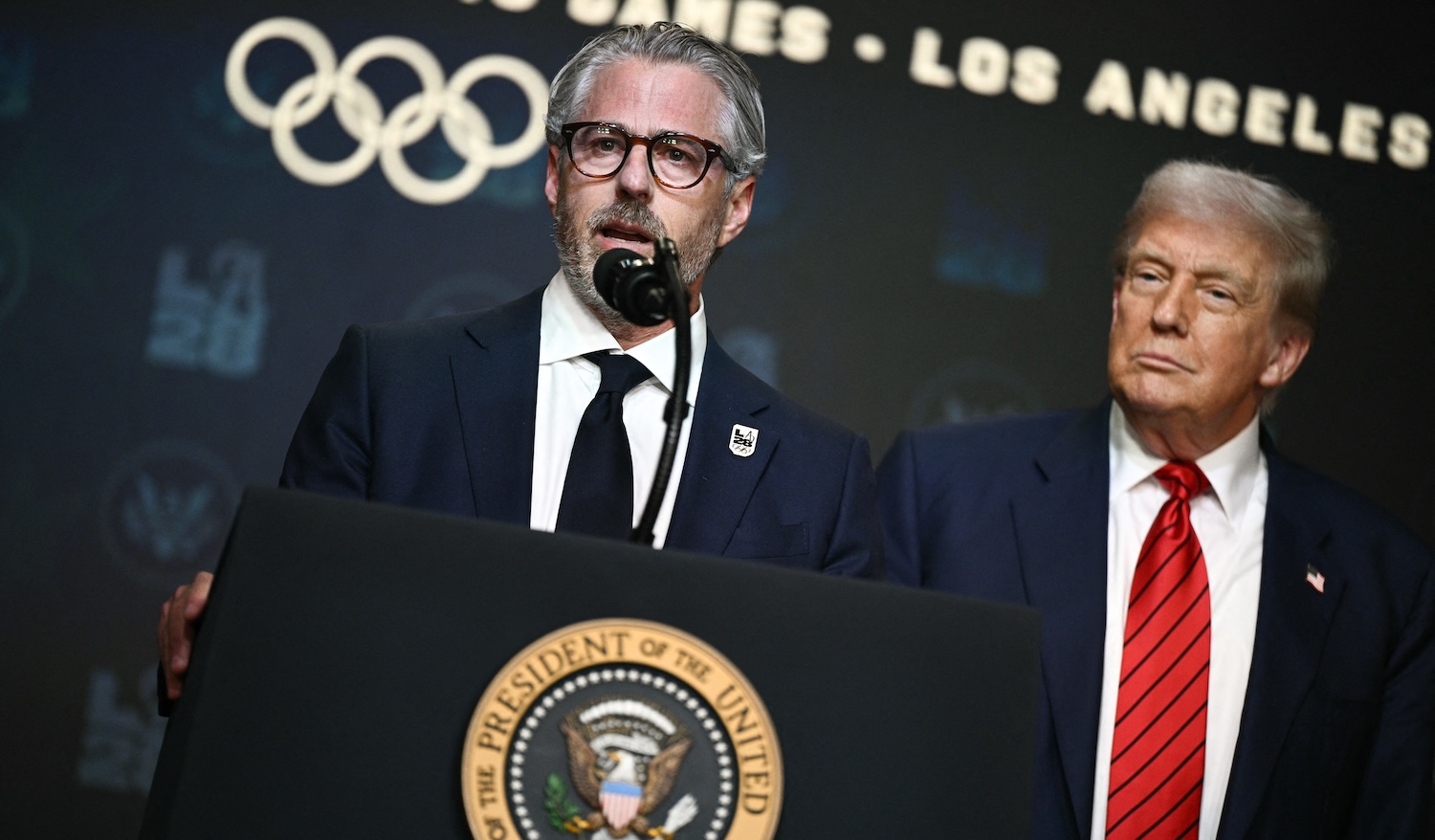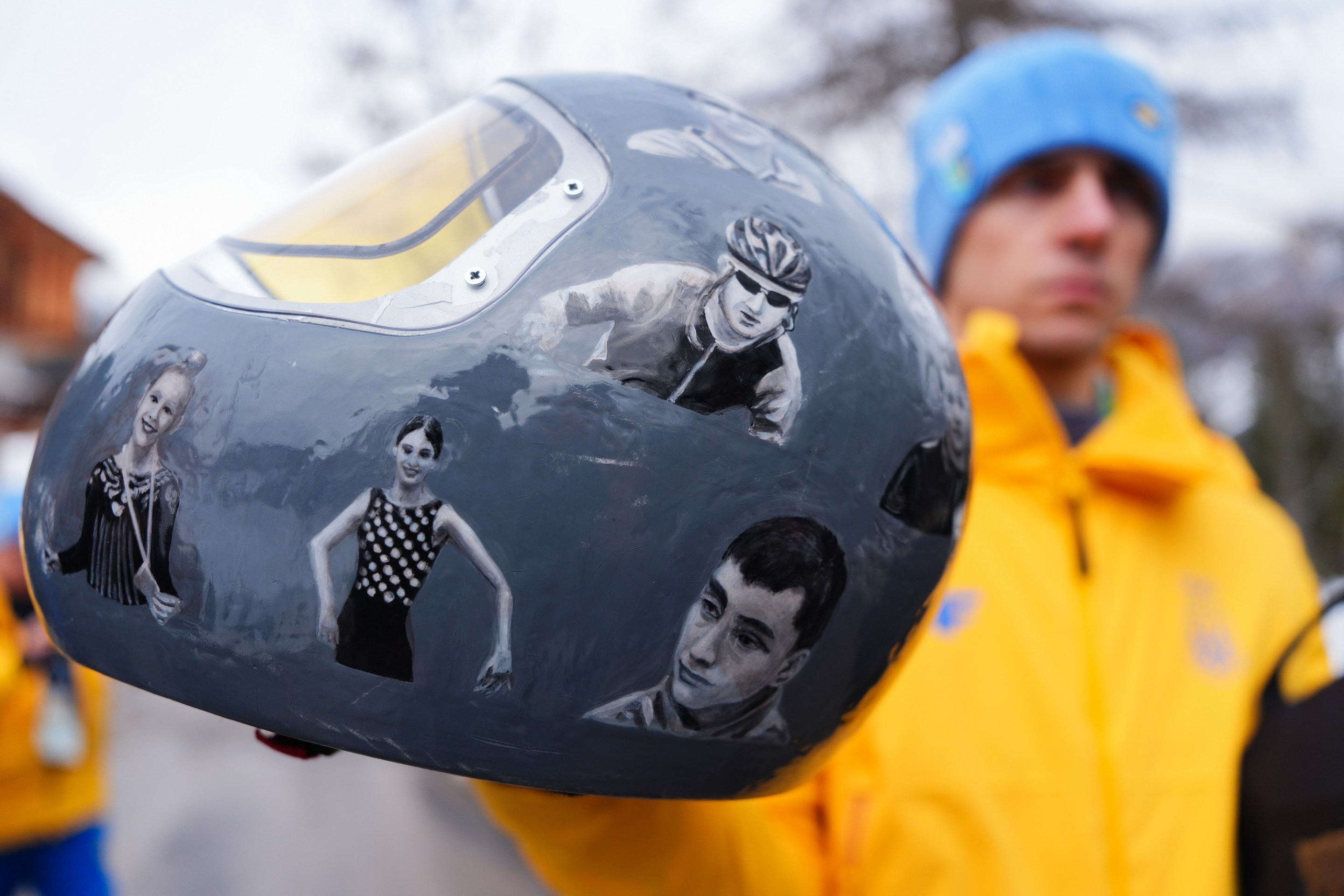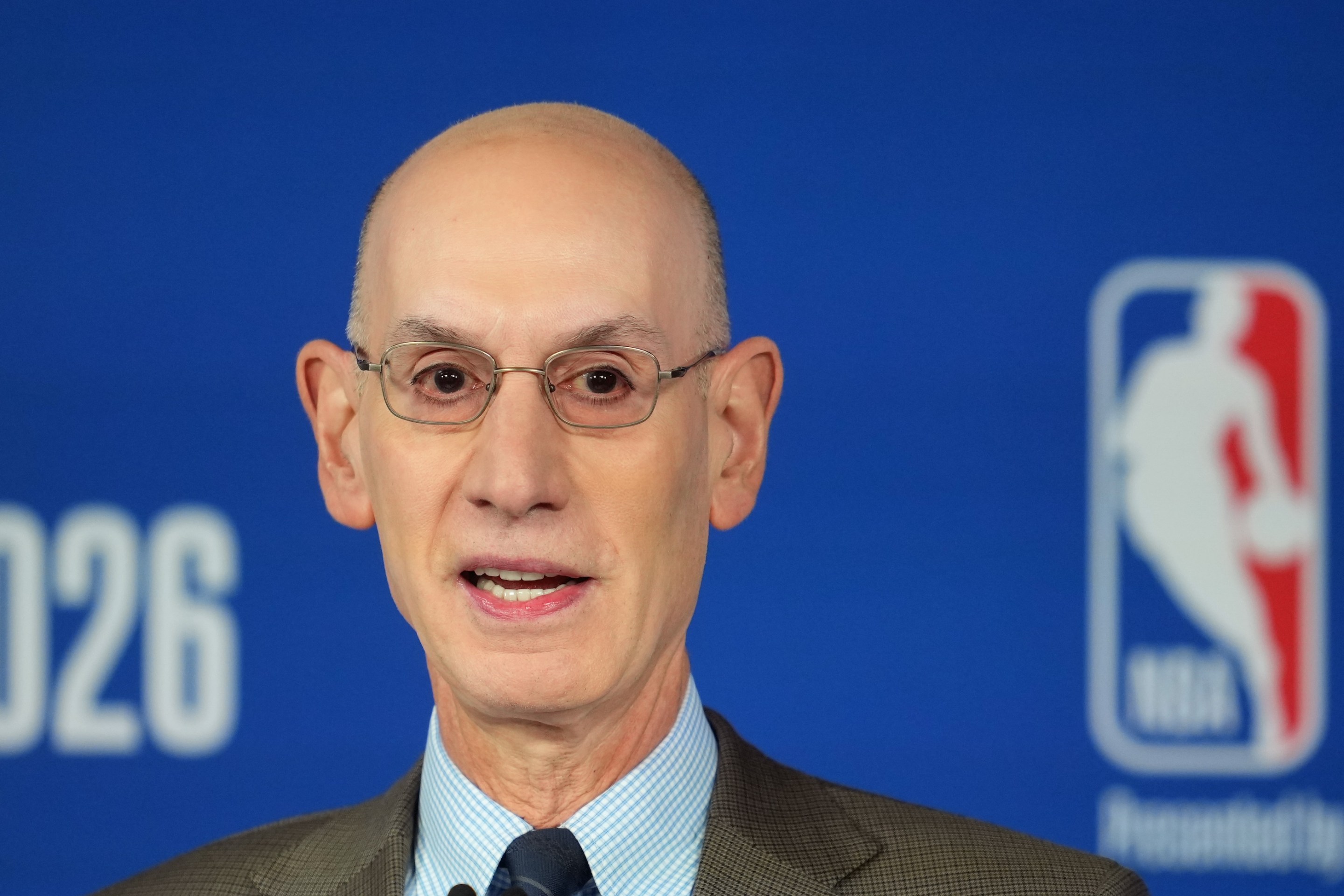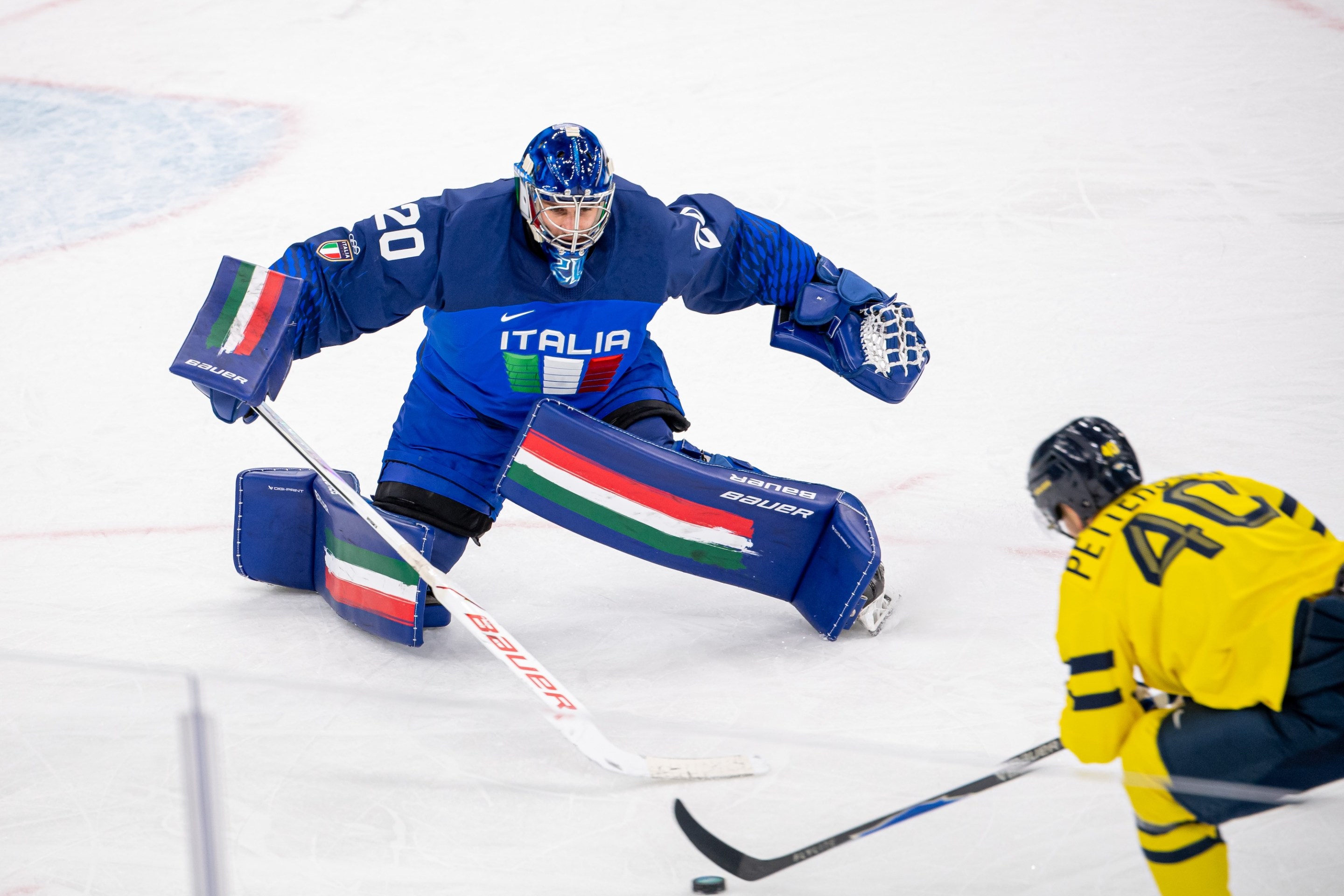For everything astonishing about the average Saquon Barkley touchdown run, the most uncanny is how natural it all looks. It is not, of course; on the merits, and even by the absurd standards for this kind of thing that apply in the NFL and basically nowhere else on earth, it just does not really compute to see someone Barkley's size moving through space with the speed and precision with which he does those things. But if the particulars don't really make sense on their own, the little narrative of Barkley's long runs is entirely coherent, just in the sense that they just sort of seem like what would happen when you hand a football to someone who can do all that stuff. They are dazzling to the point of being implausible, but they make sense.
There is a lot of meaningful context on both sides of the ball on all of these runs, and some broader and less meaningful historical context trailing Barkley into the huddle on every play. The Los Angeles Rams talked about bad gap discipline on the 70- and 72-yard rushing touchdowns that Barkley had against them in the second half of Philadelphia's 37-20 win on Sunday night, and head coach Sean McVay was forced out into the more literary extremes of coaching syntax—crediting Barkley with "erasing angles" and the like—in giving credit where it was due. But even bearing in mind that none of it is as simple as it looks, it is astonishing how simple this looks:
Here's the first long TD on split flow zone. 97 gets escorted to the sideline, 95 tries to slip around his block, and 48 stops his feet and gets blown up. Think this is more about the Eagles being great than the Rams making huge mistakes.
— Bill Barnwell (@billbarnwell.com) 2024-11-25T16:39:22.142Z
A person who does not know football at all, and to whom phrases like "gap discipline" and "split flow zone" would sound like something from this monologue, would instantly be able to understand what is happening here. The ball is handed to the strongest and fastest guy on the field, and he runs away from everyone trying to stop him more or less in the same way a sports car might pull away from a bunch of very young children on bikes. The meaningful contextual stuff is meaningful, and the Eagles' offensive line dominated more or less throughout, but also the oaf-mode interpretation of what went on in that play is not really incorrect in any important way.
In fact, the only way any of this—Barkley's 255 yards rushing on Sunday night, his record-pace 1,392 yards through 11 games, any one of the many brutally graceful hammer-on-nail runs he has reliably delivered in the second half of Eagles games this season—is remotely difficult to parse is if you know about football, or just remember the first six years of Barkley's NFL career. The Giants picked Barkley second overall in the 2018 NFL Draft; this was far enough into the NFL's recent re-evaluation of how running backs are valued that it stood out. It was a hallmark of the Giants teams built by former GM Dave Gettleman that they made their roster decisions as if they were just a player or two away from Super Bowl contention, which led to a series of five-win teams triumphantly signing, like, late-stage Golden Tate and then sitting back smugly and waiting for the rest of the league to pursue them.
It is hard to say that Gettleman was wrong with the Barkley pick, exactly. Some of the quarterbacks picked after Barkley in that draft wound up having very good careers and the Giants were still being quarterbacked by a gasping and tapped-out Eli Manning, but the intensity of the priggish mediocrity vortex surrounding the Giants is such that it is by no means a sure thing that Josh Allen or Lamar Jackson, to take two of those quarterbacks, would have become the superstars they've become had the Giants picked them in that spot. Stick even a great player into a series of uptight and old-fashioned schemes overseen by an increasingly baroque collection of defective gym-teacher types, supplemented each offseason by the addition of a few desultory draft picks and one embalmed wideout, and everyone involved will invariably start to look, play, and feel like New York Giants. Barkley's selection seems, in retrospect, like a daring challenge to that iron rule—could the Giants take one of the most dynamic college football running backs of his generation and, through the sheer force of their strident institutional backwardness and overwhelmingly shitty vibes, turn him into a grim plodding Anthony Thomas type?
The answer, we can now say, is "almost." Barkley was immediately a very good NFL back, but he struggled to stay healthy and was only intermittently as electric during his six years with the Giants as he has been during basically every moment of his first season with the Eagles. As a Giant, Barkley won Rookie of the Year and made two Pro Bowls, but he has already rushed for more yards in the first 11 games of this year than he ever managed in any of his Giants seasons. Some of those seasons barely happened due to injury; in two of the last three, Barkley was mostly healthy but averaged under four yards per carry. There was no great mystery as to how or why that happened—the Giants had middling-to-lousy offensive lines, a quarterback that no NFL team feared, and the aforementioned carousel of gum-chewing visor aficionados calling the plays—but it was mystifying all the same. It wasn't that Barkley looked slower or less decisive; his quads have always been the size of regulation prosciuttos. It just wasn't working, in the sort of global way that things do not work on bad football teams, and Barkley declined towards that dreary mean. The Giants, forever convinced that their generation-spanning organizational backwardness is in fact more of an underling issue, didn't really try to sign Barkley at the end of last season.
"To be honest, I'm not surprised," Barkley said when asked about the success he's having in the first year of the three-year, $38 million contract he signed with the Eagles. "A big reason why I wanted to come here, me and my family, my fiancée, had a conversation of, 'Hey, I think this is a spot where I can kind of rewrite my story and feel like I can show everyone what type of player I feel like I can be and was meant to be.'" Football isn't as simple as Barkley makes it look, and being on a team with a state-of-the-art offensive line, passably forward-thinking play-callers, and a quarterback who is (and pardon the jargon here) not literally Daniel Jones is a meaningful part of what has allowed Barkley to rewrite the story that had been written around him. (The same goes for the NFL's league-wide tendency to undervalue running backs; whether that's the result of cynicism, cheapness, or the league's caveman-grade version of executive savvy, the monster seasons that Barkley and fellow castoff Derrick Henry are having with their new teams offer compelling proof that good running backs remain extremely valuable to good teams.)
This has always been the type of player that Barkley is, and the sort of season he is having this year has always been very much within his grasp; in a situation more conducive to him becoming that sort of player, or more to the point in an organization willing and able to do the things that would make such an outcome more likely, he simply became that. It is not very interesting to debate whether Barkley could or should have become this type of player with the Giants, but more than that it is moot. The Giants took the millions of dollars that they didn't pay Barkley, spread it judiciously around the rest of the roster, and got worse.
Last week, they waived Jones, the sixth pick in the 2019 draft and the player the Giants paid instead of Barkley, instead of making him stand around as a defensive back on the scout team for the rest of the year. On Friday, Barkley said that he and his former quarterback had remained friends. "It didn’t work for me over there, and I’m doing well over here," Barkley said. "Hopefully, he can find the same fresh start and success." It is a testament to how great Barkley has been since escaping the Giants that the thought almost seems plausible. Any organization that could make Saquon Barkley dull, for six years, would have to be working at frankly supernatural levels of executive anti-magic. Watching Barkley do what he does, one game and one astonishment after another, feels bracingly uncomplicated by contrast.
